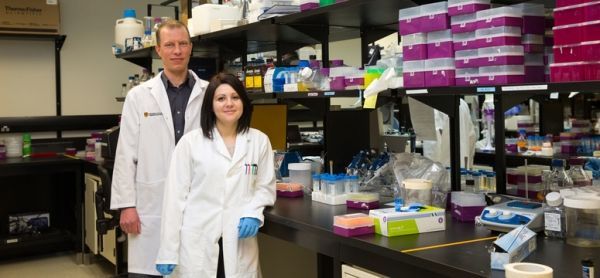
Researchers in the University of Calgary Faculty of Veterinary Medicine (UCVM) have developed a fast, portable and inexpensive way to test humans and animals for different types of chronic and infectious diseases. This new “point of care” method tests for signals of infection, such as specific antibodies, in blood, milk or saliva samples.
>> Read the Full Article
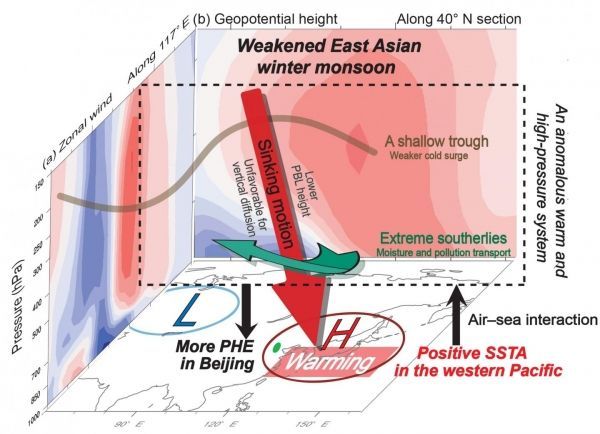
Over the past decades, Beijing, the capital city of China, has encountered increasingly frequent persistent haze events (PHEs). Severe PHEs not only lead to a sharp decrease in visibility, causing traffic hazards and disruptions, and, hence, affecting economic activities, but also induce serious health problems such as respiratory illnesses and heart disease. While the increased pollutant emissions serve as the most important reason, changes in regional atmospheric circulation associated with large-scale climate warming are found to play a role as well.
>> Read the Full Article
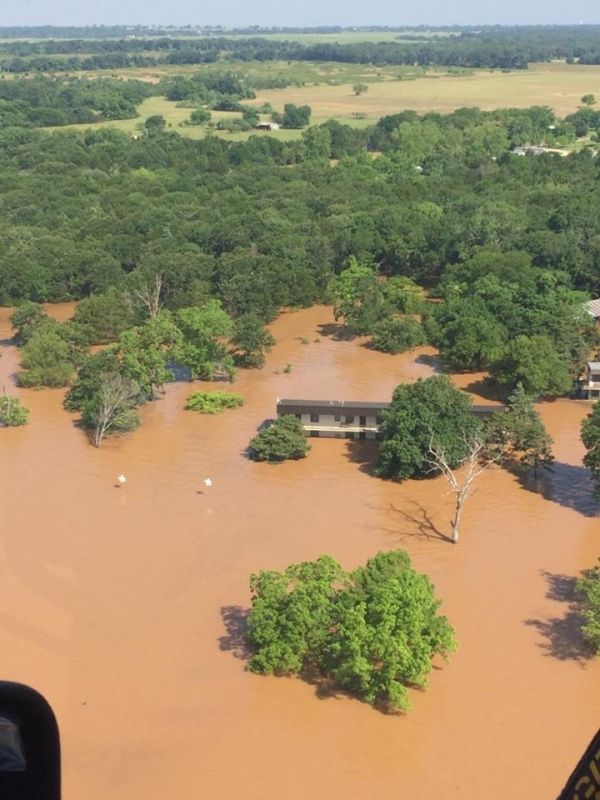
After a 100-year flood struck south central Oklahoma in 2015, a study of the insects, arthropods, and other invertebrates in the area revealed striking declines of most invertebrates in the local ecosystem, a result that researchers say illustrates the hidden impacts of natural disasters.
>> Read the Full Article
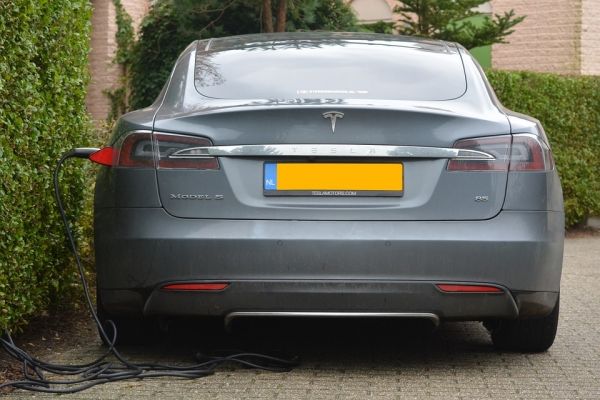
Everyone's Saying It: The future of driving is electric. The big-name car companies have plans to start giving Tesla some tough competition. Jaguar’s I-Pace electric SUV will be on sale soon, and Porsche is teasing a new concept Mission E Cross Turismo, which looks like an SUV’d Panamera (in a good way). And normal cars for regular people are going the same way. Combined, Ford and GM plan to offer 34 full electric models in the next five years.
>> Read the Full Article
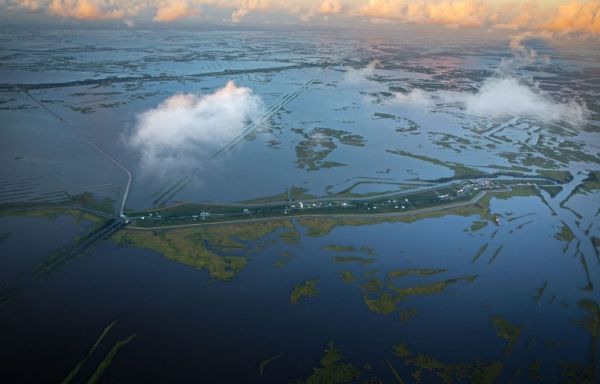
Spring arrived early this year for Isle de Jean Charles. The southern gulf breeze is refreshing after an atypical freeze here deep in the Louisiana marsh. It’s late February and the thick vegetation is already sprouting a bright, luxuriant green. The birdsong threatens to drown out conversation. In a matter of weeks, shrimp, speckled trout, and redfish will be running. For members of this tribe of Biloxi-Chitimacha-Choctaw Indians, this is nothing short of paradise.
>> Read the Full Article

 ENN
Environmental News Network -- Know Your Environment
ENN
Environmental News Network -- Know Your Environment